L'ennui (1998) Online

A philosophy teacher restless with the need to do something with his life meets a young woman suspected of driving an artist to his death. He finds the very simple Cecilia irritating but develops a sexual rapport with her. Obsessed with the need to own and tormented by her inability to respond to him, he becomes increasingly violent in a quest he can't name - a quest that slowly begins to undermine his certainties.
| Cast overview, first billed only: | |||
| Charles Berling | - | Martin | |
| Sophie Guillemin | - | Cécilia | |
| Arielle Dombasle | - | Sophie | |
| Robert Kramer | - | Meyers | |
| Alice Grey | - | Cécilia's Mother | |
| Maurice Antoni | - | Cécilia's Father | |
| Tom Ouedraogo | - | Momo | |
| Patrick Arrachequesne | - | Doctor | |
| Mirtha Caputi Medeiros | - | Meyers' concierge | |
| Pierre Chevalier | - | University dean | |
| Oury Milshtein | - | Jean-Paul | |
| Anne-Sophie Morillon | - | Agnes | |
| Marc Chouppart | - | Ferdinand | |
| Cécile Reigher | - | Ferdinand's girlfriend | |
| Antoine Beau | - | Pierre |
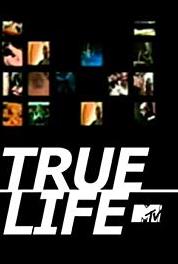



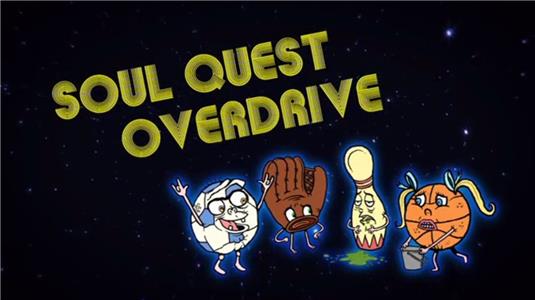
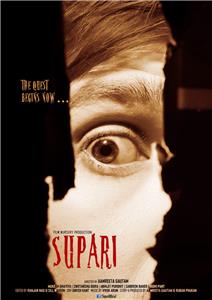

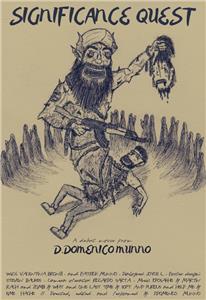
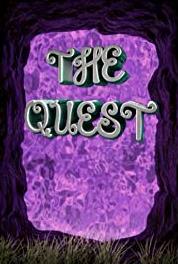
User reviews